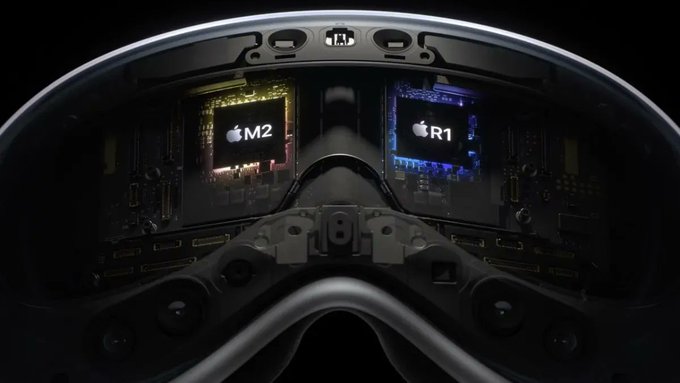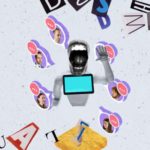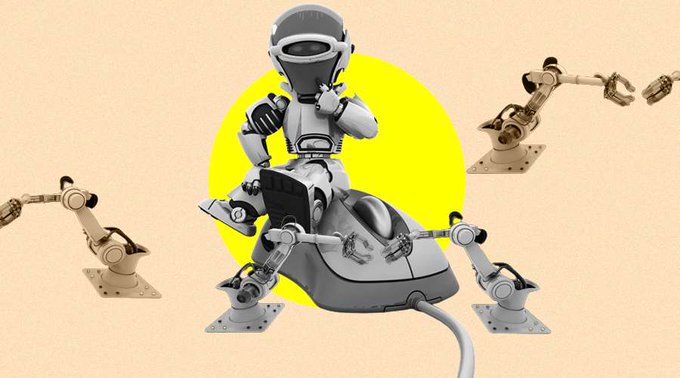Keeping up with an industry as fast moving as AI is a tall order. So until an AI can do it for you, here’s a handy roundup of the last week’s stories in the world of machine learning, along with notable research and experiments we didn’t cover on their own.
It could be said that last week, Apple very visibly, and with intention, threw its hat into the ultra-competitive AI race. It’s not that the company hadn’t signaled its investments in — and prioritization of — AI previously. But at its WWDC event, Apple made it abundantly clear that AI was behind many of the features in both its forthcoming hardware and software.
For instance, iOS 17, which is set to arrive later this year, can suggest recipes for similar dishes from an iPhone photo using computer vision. AI also powers Journal, a new interactive diary that makes personalized suggestions based on activities across other apps.
AI is central to Apple’s Vision Pro augmented reality headset, too — specifically FaceTime on the Vision Pro. Using machine learning, the Vision Pro can create a virtual avatar of the wearer, interpolating out a full range of facial contortions — down to the skin tension and muscle work.
Mots-clés : cybersécurité, sécurité informatique, protection des données, menaces cybernétiques, veille cyber, analyse de vulnérabilités, sécurité des réseaux, cyberattaques, conformité RGPD, NIS2, DORA, PCIDSS, DEVSECOPS, eSANTE, intelligence artificielle, IA en cybersécurité, apprentissage automatique, deep learning, algorithmes de sécurité, détection des anomalies, systèmes intelligents, automatisation de la sécurité, IA pour la prévention des cyberattaques.





